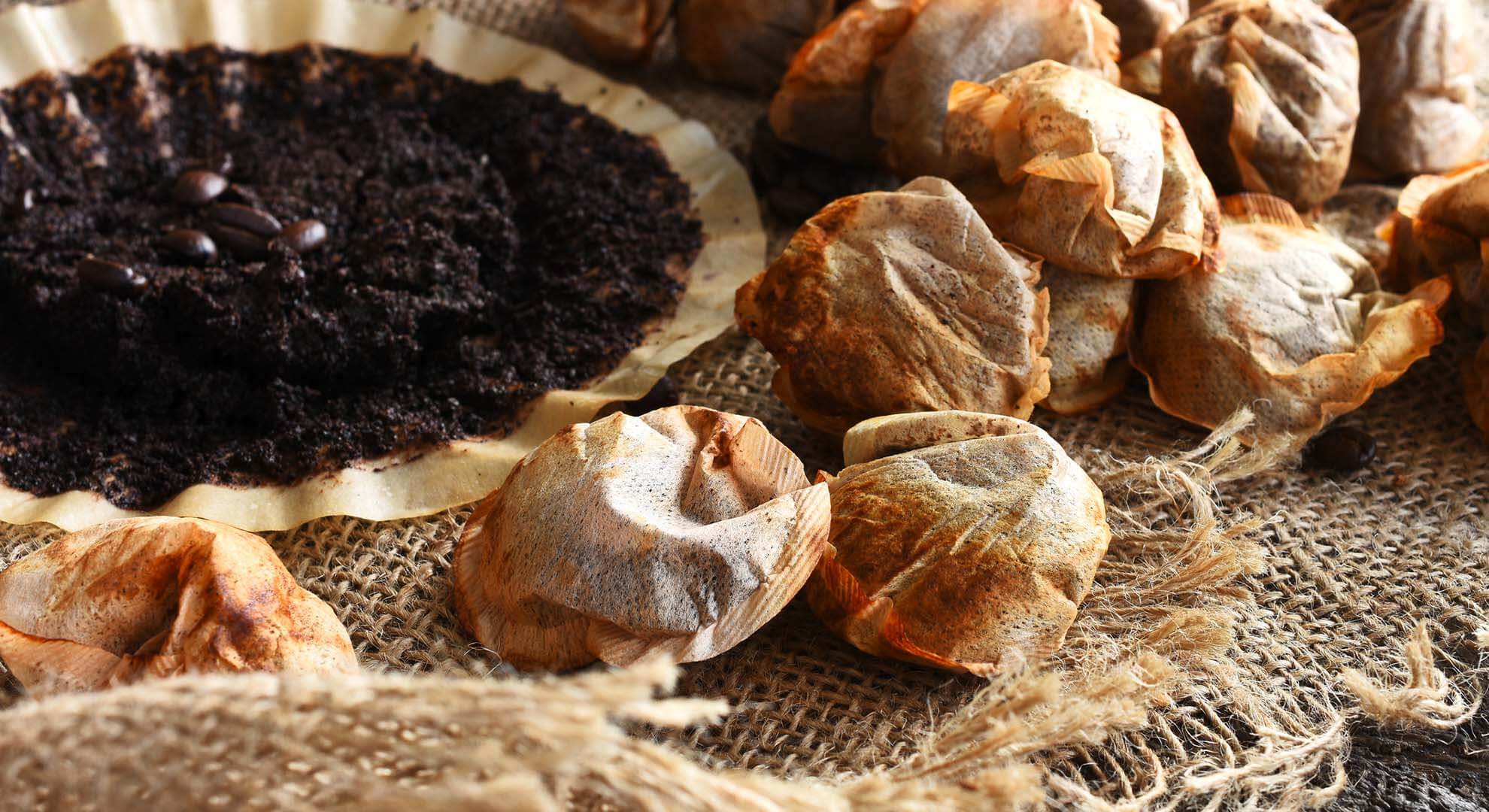
What to do with teabags and coffee grounds?
Milk or no milk? Almond or Oat? One spoon or two? No matter how you take your cuppa we can all agree that food waste has a dramatic impact on the planet.
The energy stored within uneaten food – including tea bags and coffee grounds – has the potential to help lessen the impact of climate change, if it is recycled.
Household recycling collections
If you have a food waste collection scheme in your area, tea bags and coffee grounds can be put into your food waste caddy.

Household waste recycling centre (HWRC)
Not accepted at household waste recycling centres.

Other recycling
Coffee grounds and tea bags can be composted in home compost bins. When using the compost, you may spot a thin ‘skeleton’ of the bags still visible. These can be sieved out and discarded or dug in with the compost.
Alternatively, you can easily rip discarded tea bags open and empty the contents into the composter.

What happens after I put food waste in my caddy?
Unavoidable food waste is never wasted! Food waste collected for recycling will go through a process called anaerobic digestion.
Once processed it will be used either as energy or to help produce agricultural fertilisers – feeding our crops and heating our homes.
Watch this video to find out how food waste goes from enemy to energy.

What else can you do?
Make sure your teabag brand of choice is plastic-free.
Avoid tea bags completely by making the switch to loose leaf tea.
Sprinkle used coffee grounds around your plants to deter ants, slugs and other pests.
Empty your tea granules in your garden or houseplants to add nutrients to the soil.
Put used dried tea bags in your fridge to absorb odours.
Recycling is constantly evolving and changing so check back for updates or try our recycling locator to find out what you can recycle at home and where you can recycle or pass on unwanted items in your local area.
